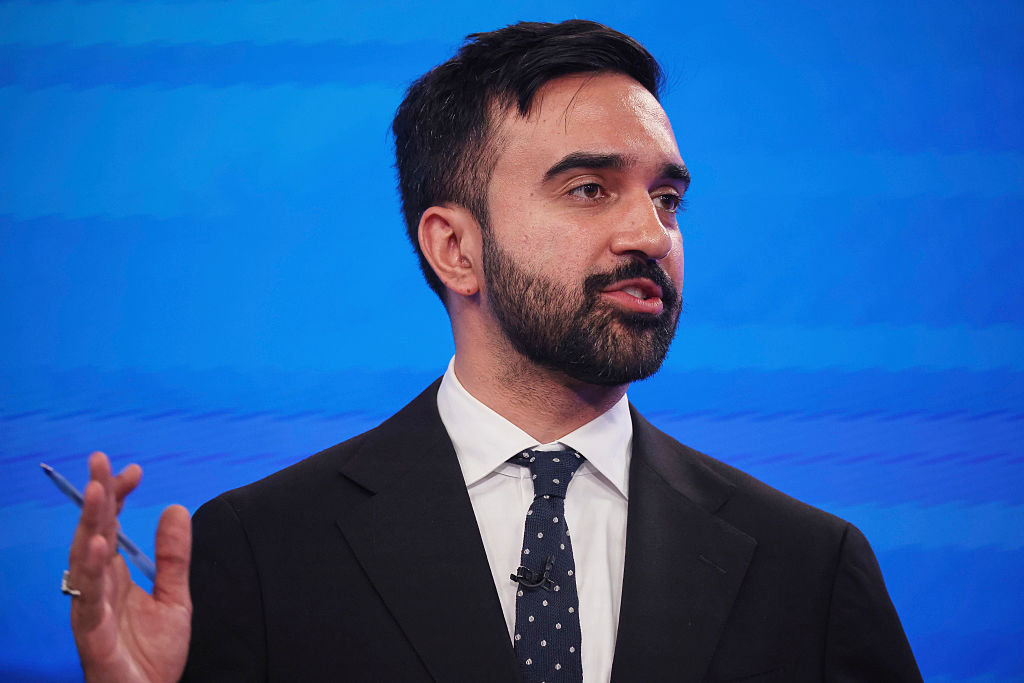Who Is Colin Warner? Learn the True Story Behind ‘Crown Heights’
The Sundance Audience Award-winning film Crown Heights spotlights the injustices faced by Black communities at the hands of the U.S. criminal justice system.
Written and directed by Matt Ruskin, the movie is based on the true story of Colin Warner, a Trinidadian immigrant living in Brooklyn’s Crown Heights neighborhood. In 1982, when he was just 18 years old, Warner was convicted for a crime he did not commit—the murder of 16-year-old Mario Hamilton. Though he maintained his innocence, Warner spent the next 21 years in prison.
Warner is played by Lakeith Stanfield, most recently known for his roles in Jordan Peele’s breakout success Get Out and Donald Glover’s hit TV show Atlanta on FX. Actor and former NFL player Nnamdi Asomugha plays Carl “KC” King, a childhood friend who spends decades trying to exonerate Warner. Asomugha also produced the film.
Some of the names of those involved with the case were changed for the film, but the events closely mirrored what happened in real life, particularly the sequence of injustices that led to Warner’s conviction with no motive, no murder weapon, no forensic evidence, a flimsy autopsy report, coerced witness testimonies, and a lying witness.
After Hamilton’s murder, investigators picked up 14-year-old Haitian immigrant Thomas Charlemagne and the victim’s brother Martell. During hours of heated interrogation, Charlemagne randomly pointed at Colin Warner’s picture in a mugshot photo-book. Martell, also under stress, said he had might have seen Warner before, though later he recanted that statement. The police went to Warner’s apartment to take him in for questioning, and that was the last time he saw him home for the next two decades.
Many in the neighborhood knew the real murderer, a teenager named Norman Simmonds, who was later taken into custody. The prosecution consolidated their cases, saying Simmonds was the killer and Warner was the driver. But after Charlemagne changed his testimony several times, and admitted that he lied to the grand jury, they offered Simmonds a plea deal that would give him a lighter sentence and set Warner free. After he turned it down, Simmonds and Warner were convicted of second-degree murder. Warner received 15 years to life in the Peekskill Correctional Facility, which was the minimum sentence at that time.
Warner fought from the inside, studying in the law library and writing the brief for his first appeal. He lost several appeals and he was denied parole, as his protestation of innocence was taken as lack of remorse.
His friend King decided to take a new approach: reinvestigate the crime. A construction worker and cabdriver, he took a job serving legal papers, taught himself how to read legal motions and trial transcripts, ordered court-filings, and tracked down people related to the killing. He also reconnected Warner and a mutual friend, Catherine Charles, who would also provide important support in the fight to see the innocent man freed; the two would fall in love and begin a serious romantic relationship.
King eventually got lawyer William Robedee to take up the case, and they would work together to track down eyewitnesses who might be able to prove Warner’s innocence.
Charlemagne had been killed in Haiti in the early ’90s, but they tracked down the real shooter, Simmonds. He had only served nine years since he was a minor and was released early on good behavior. Protected by the double jeopardy clause of the Fifth Amendment, Simmons finally admitted that he killed Hamilton in revenge for the death of a friend. He gave them the names of all the people who saw the crime. King tracked down those witnesses and convinced them to speak out on Warner’s behalf.
Robedee presented the findings in court. After seeing the overwhelming evidence, the Brooklyn district attorney’s office joined Robedee in the request to overturn and vacate Warner’s conviction. In 2001, he walked out of prison a free man. Warner moved to Georgia with Catherine Charles, whom he’d married nearly 8 years prior, and her daughter, while King stayed in New York City, working to exonerate others who were wrongfully convicted.
Crown Heights, a powerful film that captures Warner’s case with a tender, somber beauty, is in select theaters nationwide.















